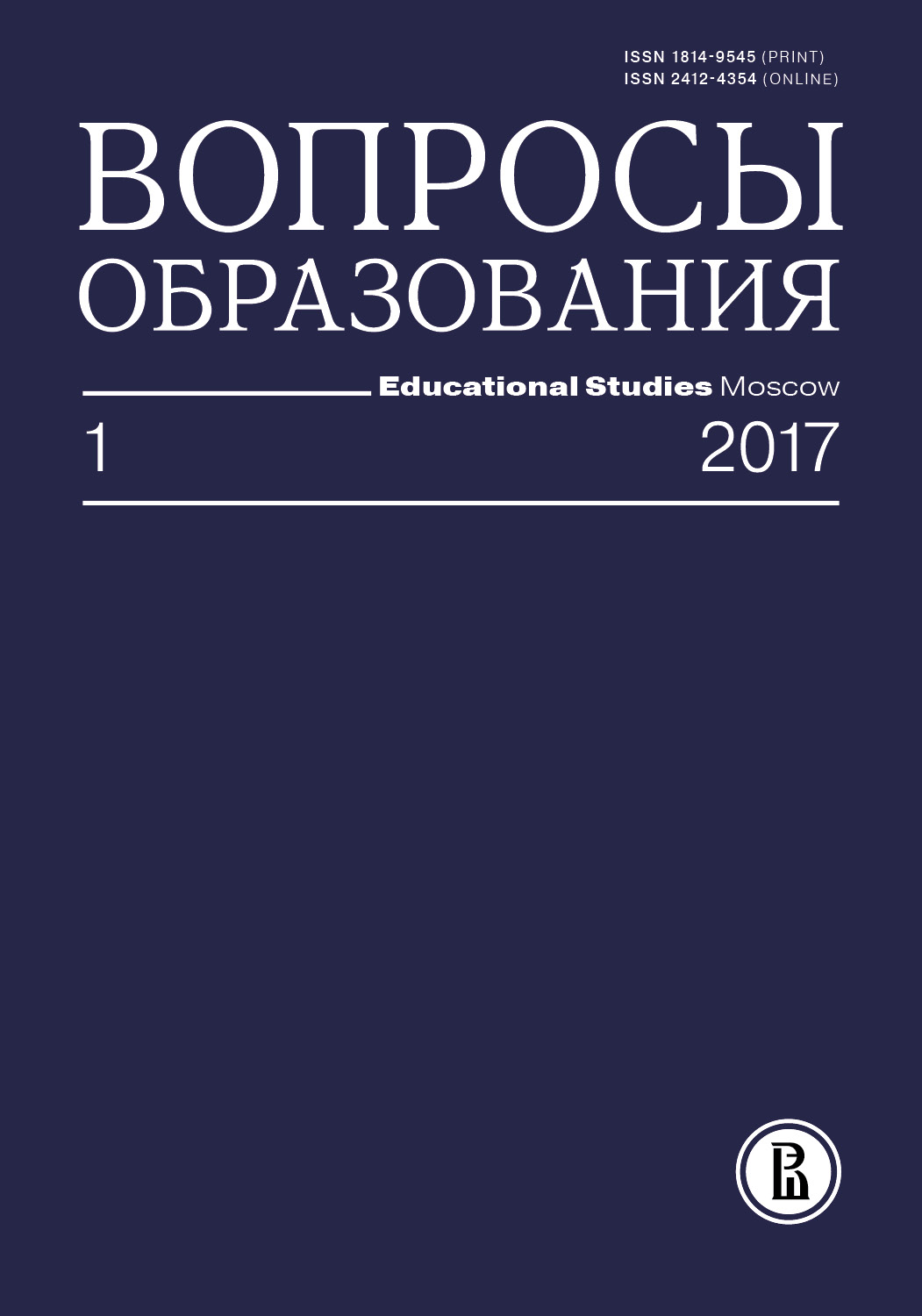Школьный климат. История понятия, подходы к определению и измерение в анкетах PISA
Аннотация
Школьный климат является одним из значимых факторов образовательных достижений. Однако в России его исследование затруднено отсутствием инструментов для измерения. Рассматривается история изучения понятия «школьный климат», обсуждаются подходы к его определению.Описаны наиболее распространенные опросники для измерения школьного климата и проанализирован набор включаемых в них компонентов. Для эмпирического исследования выбрана анкета для учеников, которая используется в международном исследовании PISA, теоретически позволяющая измерить ряд аспектов школьного климата. Проведен психометрический анализ с использованием методов конфирматорного факторного анализа и современной теории тестирования. Выяснилось, что структура индексов, измеряющих школьный климат, не такая, как предполагали разработчики анкеты. Нет определенности в том, действительно ли вопросы отражают именно предполагавшиеся в анкетах индикаторы школьного климата. Часть суждений в опроснике составлены так, что большинство школьников выражают с ними согласие либо несогласие, не показывая различий в восприятии того, о чем задан вопрос. Для большинства суждений наблюдается несбалансированность категорий ответов, их неодинаковая наполненность. Предлагаются шаги по развитию инструмента.








